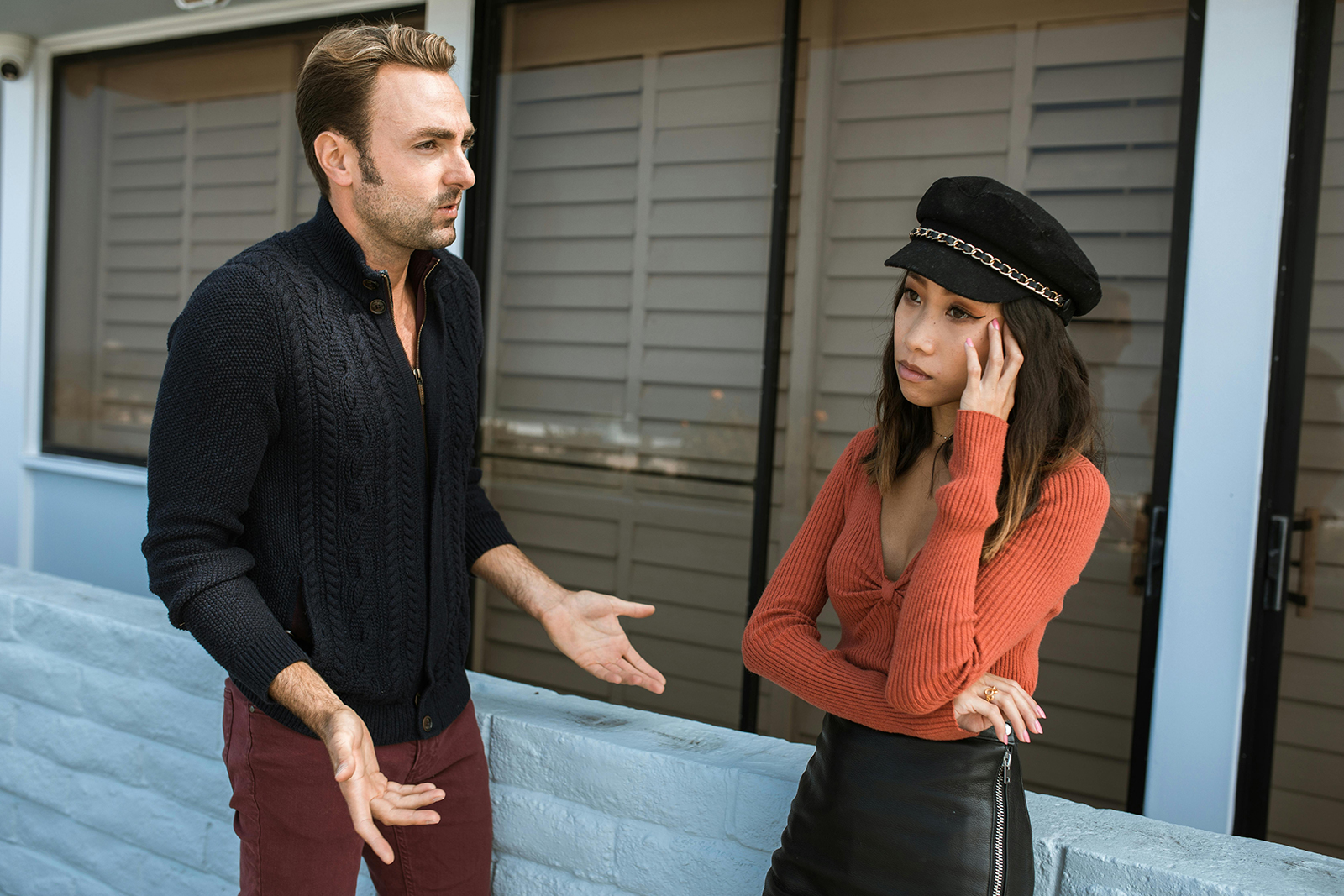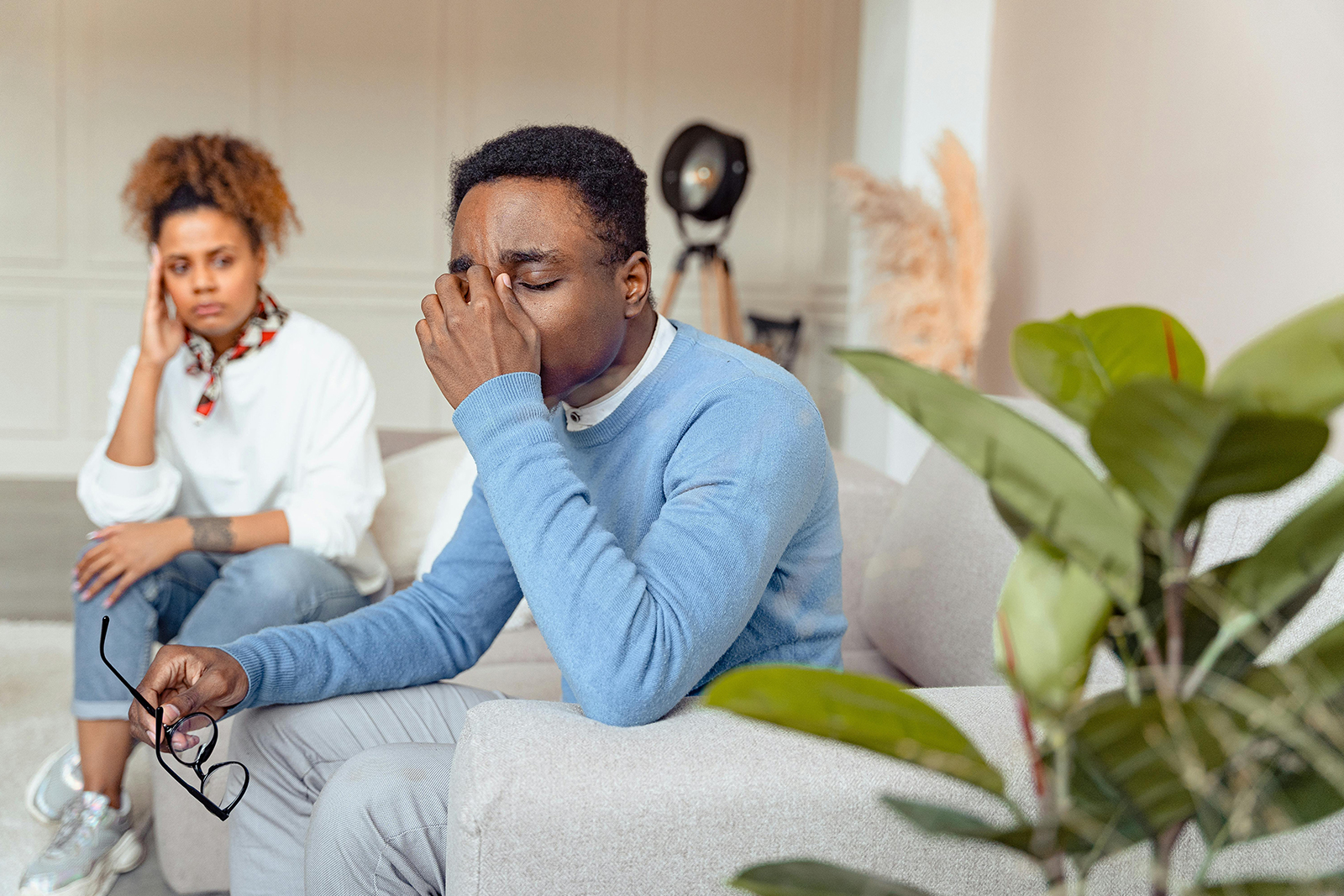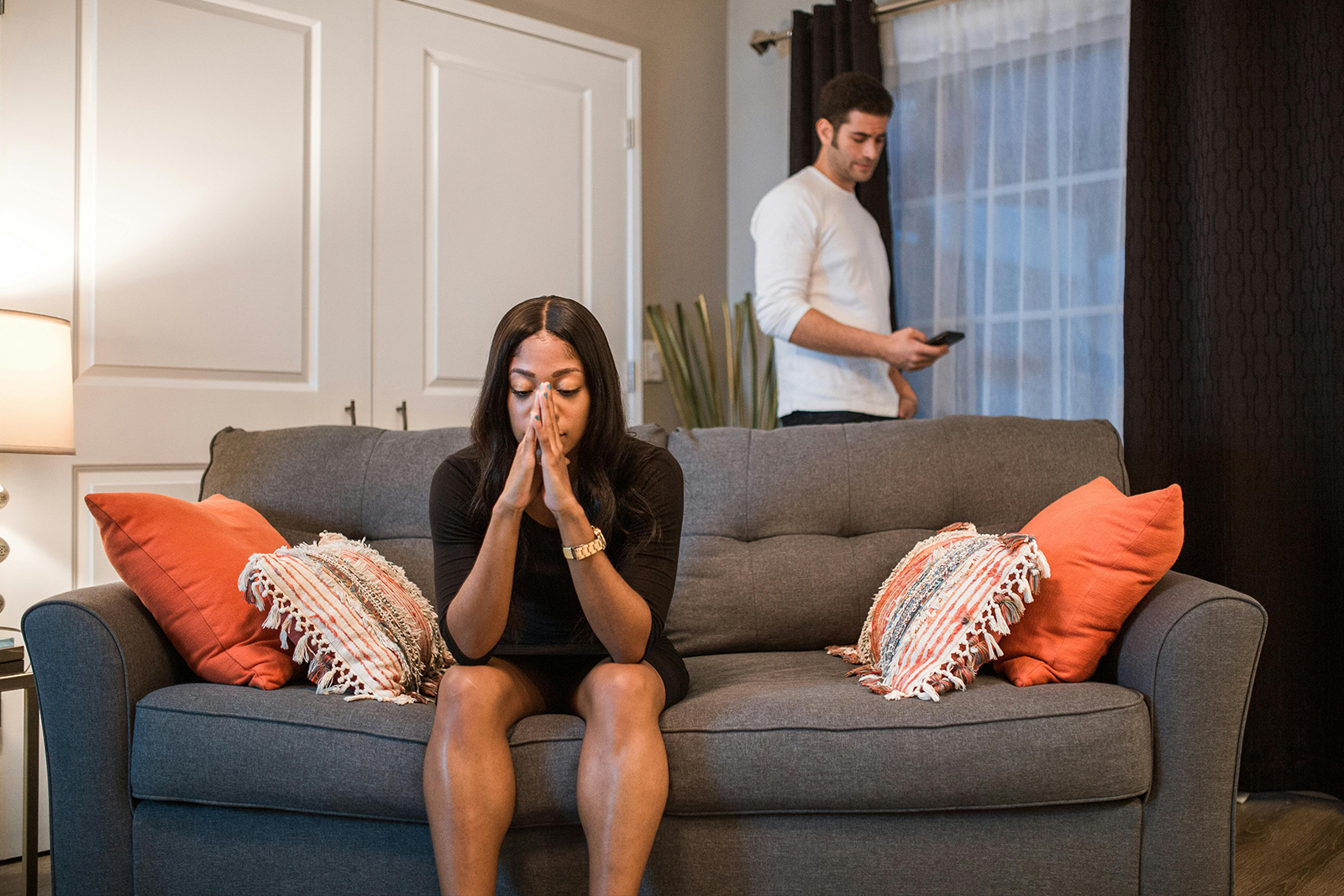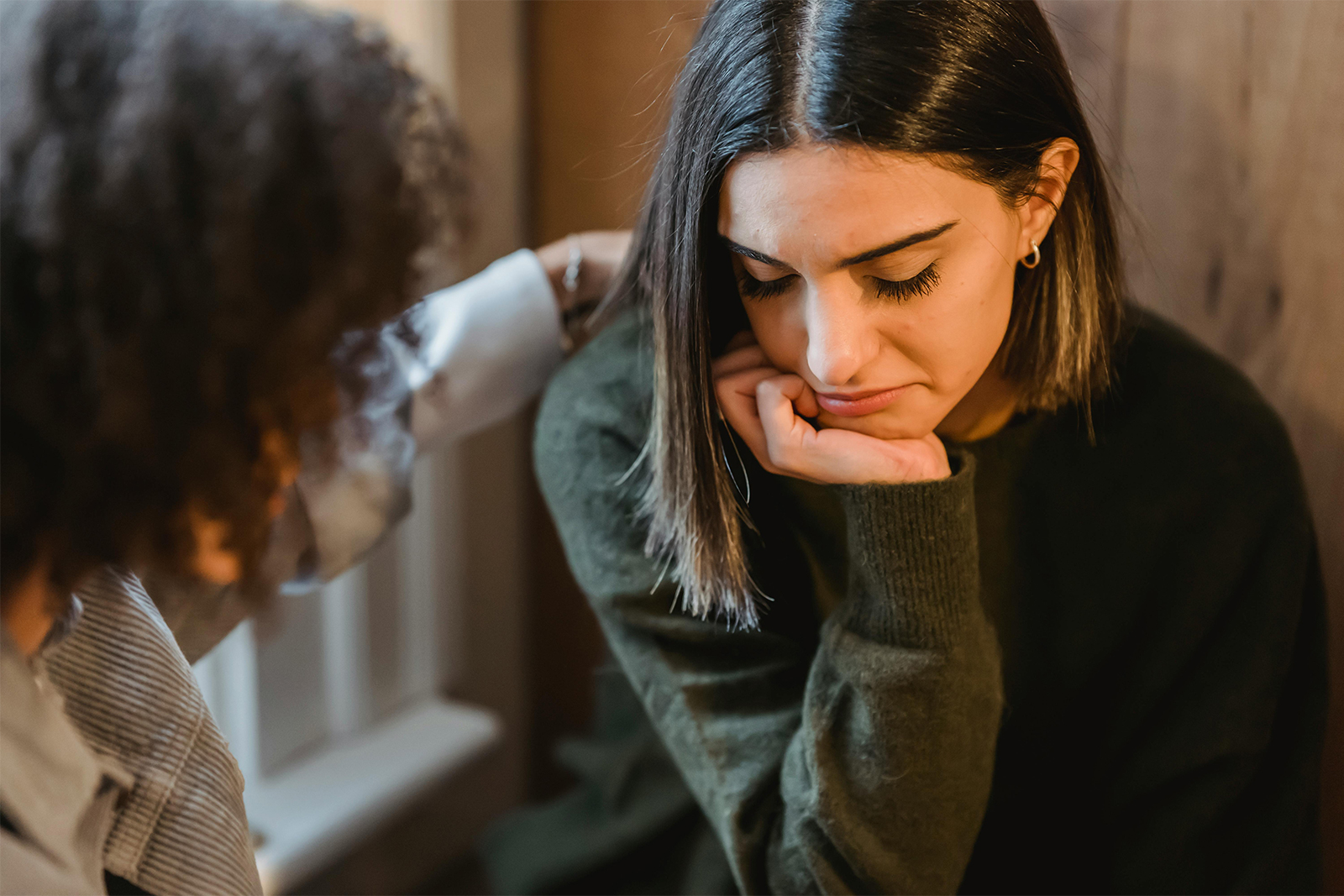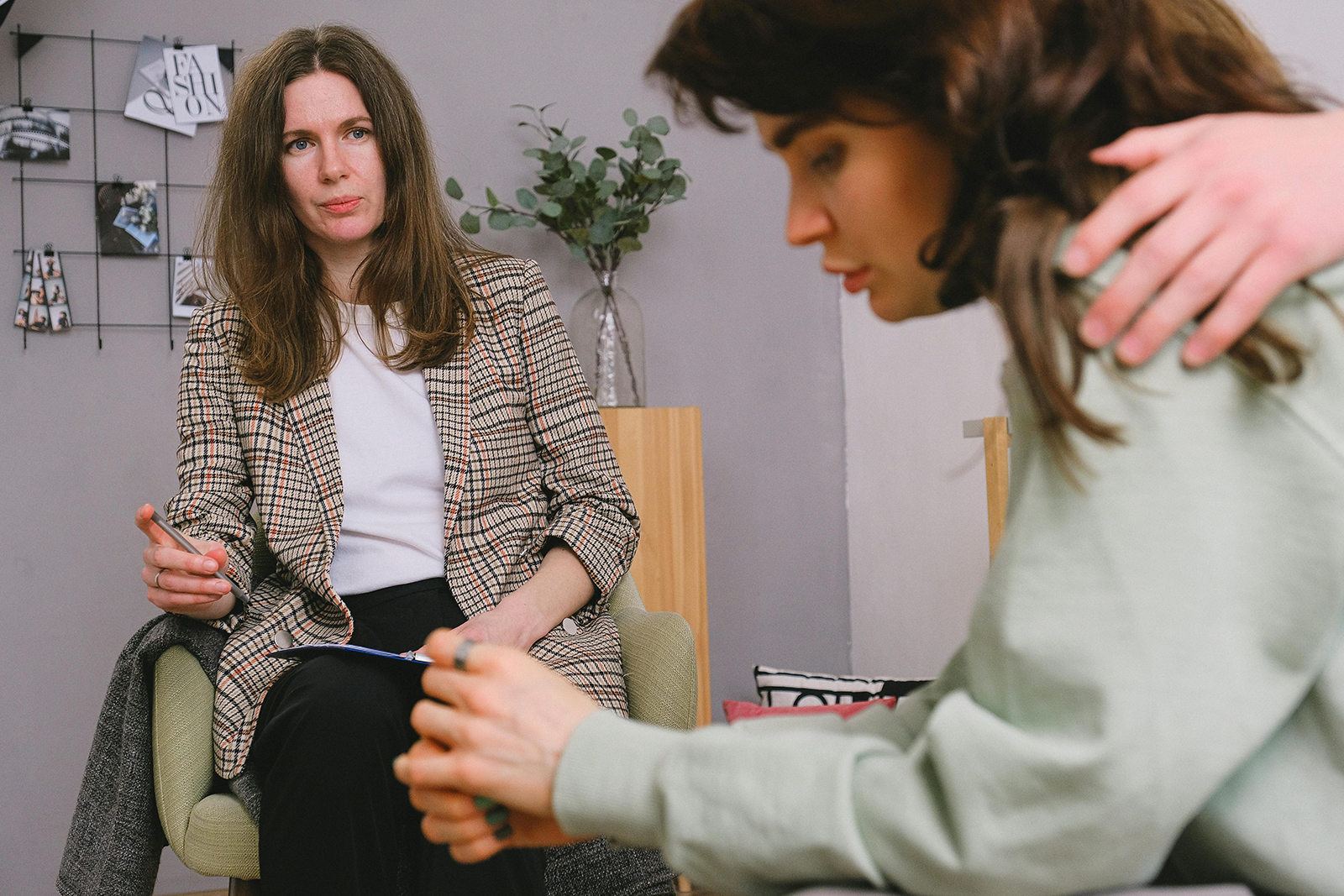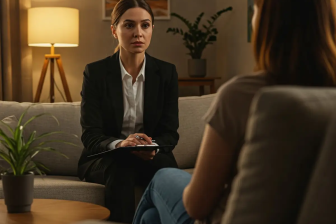Services
Home / Services
Tailored Therapy Services
Your Mental Health is Our Priority
Tailored Therapy Services Explore a range of services including sex therapy, couples counseling, and more, each tailored to meet your specific needs and foster fulfilling connections
TESTIMONIALS
Real Stories, Real Progress
See how therapy has transformed lives and relationships through the experiences of those I’ve had the privilege to support.
"My husband and I had some session with Nariman. I would highly recommend working with her as she was very intuitive, was a great listener and very honest.
Working online was better for us as it meant we could work when the children were in bed and avoided finding childcare and having to be out of the house/ allow for travel time et. It was relaxed and comfortable as we were in our home."
"Excellent services that have brought us closer together Nariman has given us the tools to take our relationship to new places of love, respect, and communication. We have been together for over a decade, and Nariman has helped us learn tools that have improved our relationship intimacy, communication, and our ability to problem solve as a team. She has helped us break down long- standing issues and resentments, and we are happier than ever and still going to sessions once a month. We attribute a big part of that to our work with Nariman. We cannot recommend her enough!"
'My journey with Nariman started by chance through my partner. I am immensely private and never thought I'd never be comfortable talking with a therapist. I found Nariman insightful, challenging, patient, kind and above all she made me feel comfortable. So much so, I switched to sessions alone.
Along the journey I suffered a profound loss. My sessions jumped around grief, childhood, confidence and many issues not only relationships. Nariman was always honest about where her boundaries on subject's were but discussions are not always linear. Being able to express what I needed, even when I didn't know that, was in hindsight so helpful.
My sessions with Nariman were the greatest gift to myself. Through them, I navigated one of the most difficult periods of my life to date. Importantly, I learnt who I am and how I can help myself in the future. Choosing a therapist is a personal choice and can be overwhelming. If you're reading this, I recommend giving Nariman a chance. You might also give yourself the greatest gift'
Mental Health Support Anytime, Anywhere
Curabitur quis diam malesuada sem porta mollis. Ut vel tortor in neque sollicitudin feugiat a ac ex. Etiam eleifend orci eget tempus rhoncus. Nunc ligula erat, elementum eu augue at, pharetra iaculis leo.


